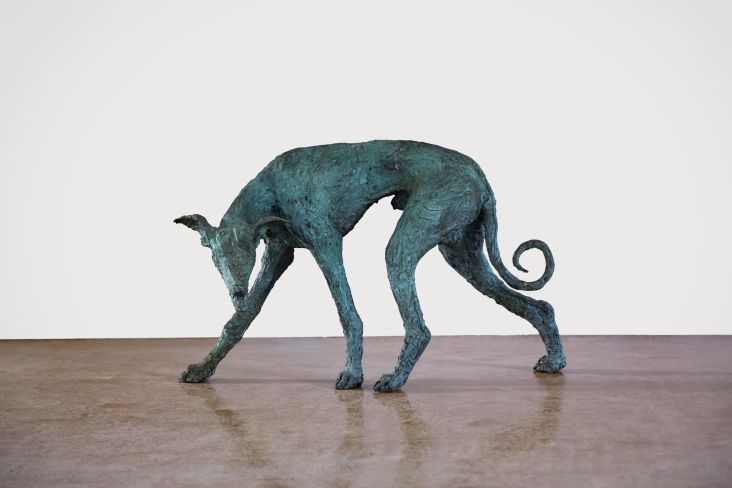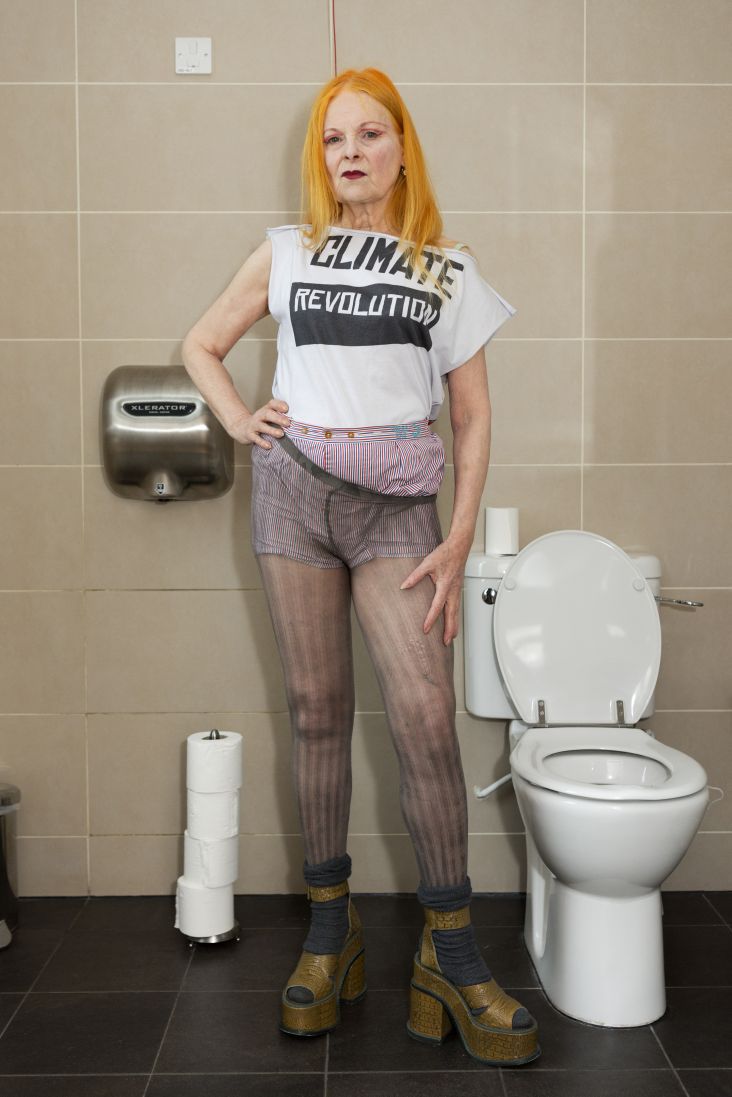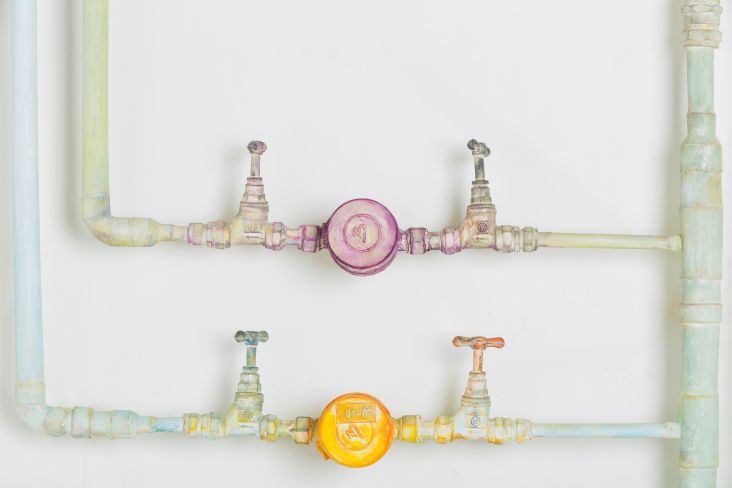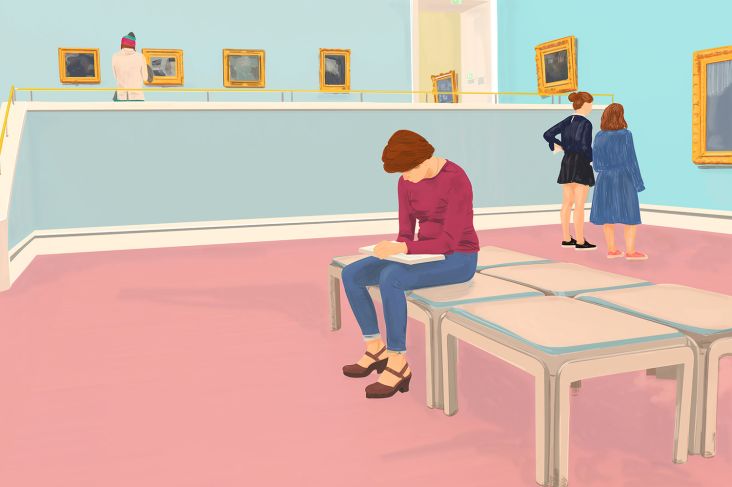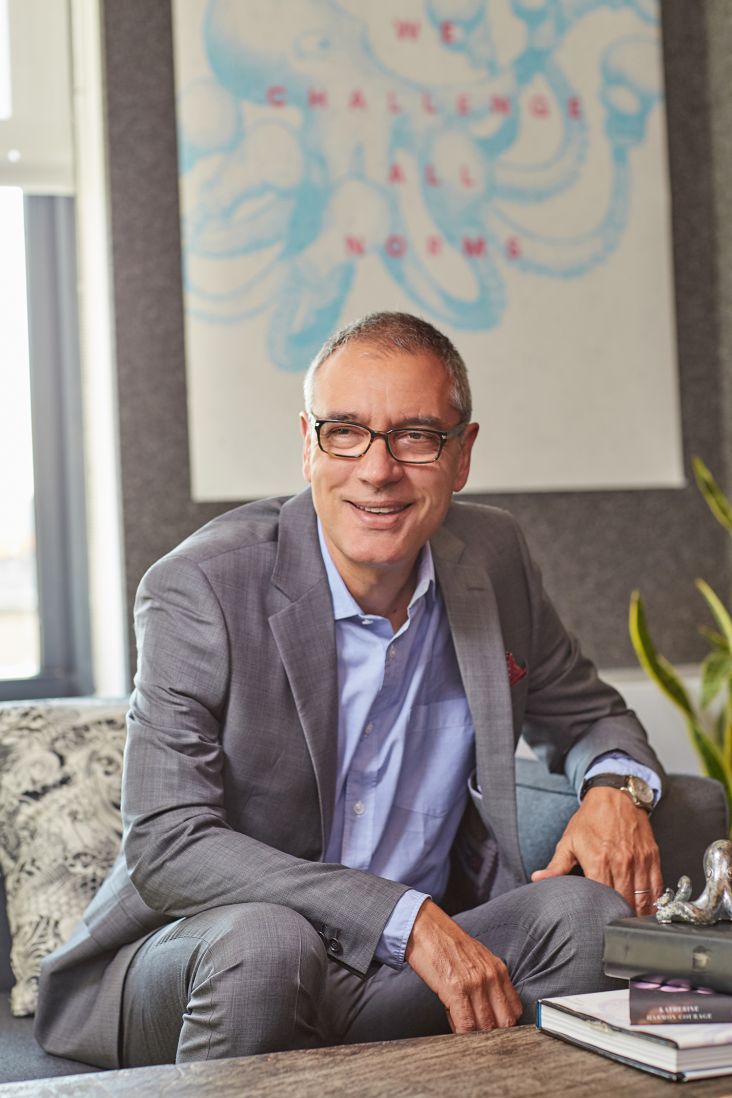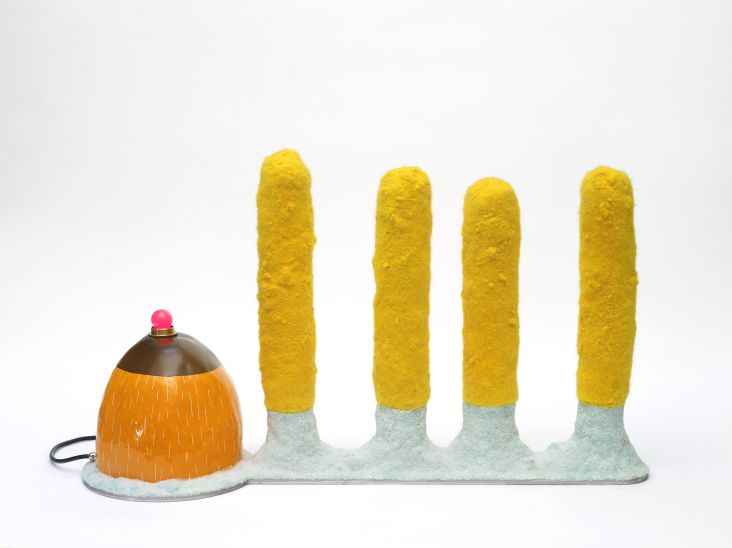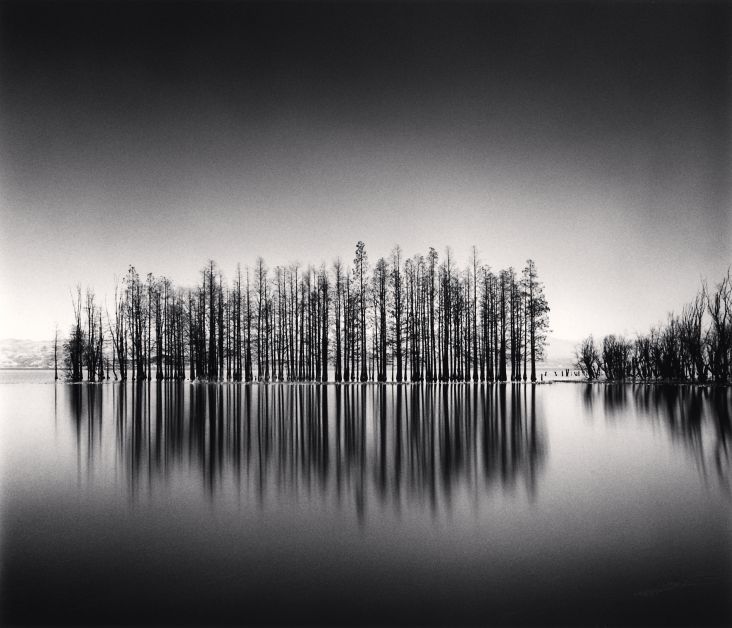Seung-taek Lee brings back to life his destroyed installations from the 1960s
South Korean artist Seung-taek Lee is presenting a survey exhibition at Mason’s Yard, his first comprehensive solo show in the UK, featuring recreations of his major installations from the 1960s alongside sculptures and drawings.
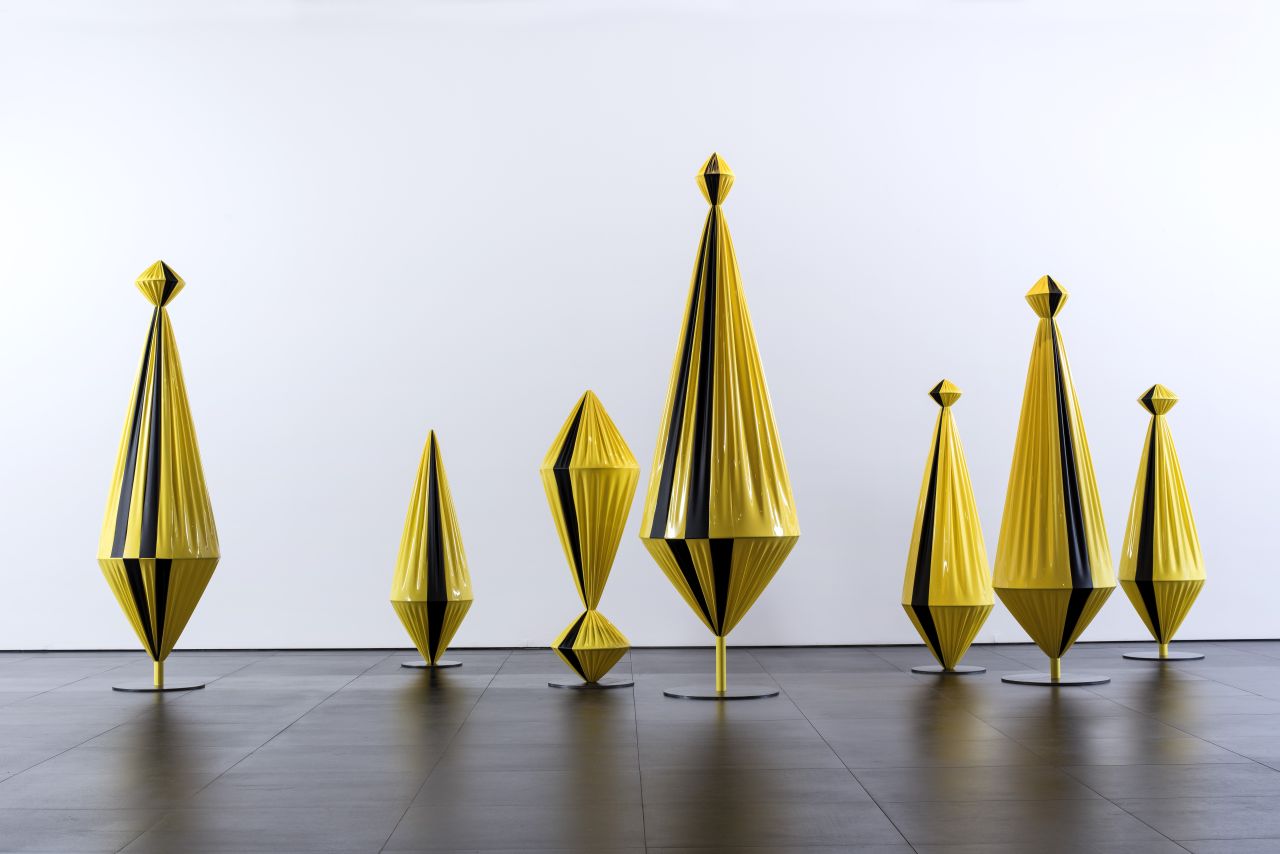
© Seung-taek Lee. Courtesy Gallery Hyundai and White Cube
Lee has been at the forefront of Korean avant-garde art since the 1960s. Although formally trained as a sculptor, he describes his practice as "non-sculpture", "non-material" or "anti-concept". His work has challenged established forms of contemporary Korean art in response to rapidly transforming conditions in South Korea – from its emergence as a divided nation following three decades of Japanese colonisation (1910–45) and the Korean War (1950–53), to its development into a modernised, global nation. Yet his locally-specific experiments, especially those of the 1960s and 1970s, can be compared to concurrent movements such as Land Art, Art Povera and Post-Minimalism.
Central to the exhibition, curated by Katharine Kostyál, is the recreation of Lee’s early vibrant sculptures, which are shown publicly for the first time since their destruction. Towering, geometric installations, some reaching over three metres in height, were originally created with sheets of cheap, factory-produced vinyl, which embodied the modern lifestyle of the late '60s in South Korea. Stretched over wireframes, the taut surface of the structures highlights the shiny, plastic quality and versatility of the material.
Also on display are Lee’s reconfigured, large-scale Oji sculptures from 1963. Inspired by earthenware jars traditionally used in Korean households to store condiments, Lee constructed a series of painted abstract structures. Protruding from the ground on pedestals, the vibrant works vary in size with the largest reaching almost two metres.
Lee is known for his Tied Stone sculptures which involve binding architectural or natural structures with string, rope or wire to render them malleable. Granite, for example, one of the most ubiquitous sculpting materials in Korea, takes on a soft, bodily presence in the exhibition.
An untitled series of ropes on canvas, which Lee refers to as ‘canvas drawings’, also bring the binding material to the forefront and portray sinuous lines traditionally drawn on paper. In contrast, a site-specific installation from 1982 expands into the gallery with iron rods to create temporary lines across the space.
Seung-taek Lee is currently on show at White Cube Mason’s Yard in London and will continue until 30 June 2018. Discover more at whitecube.com.
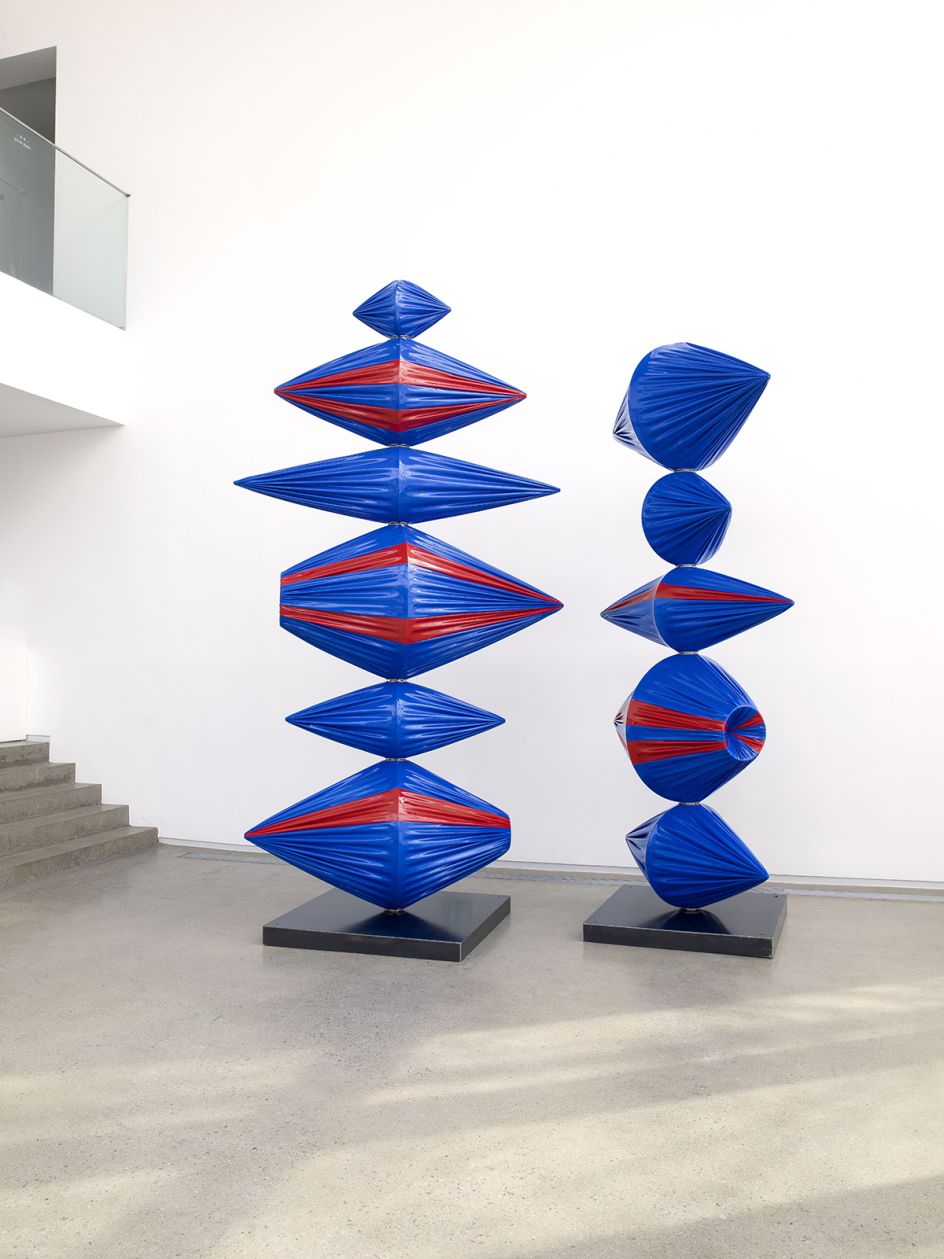
© Seung-taek Lee. Courtesy Gallery Hyundai and White Cube
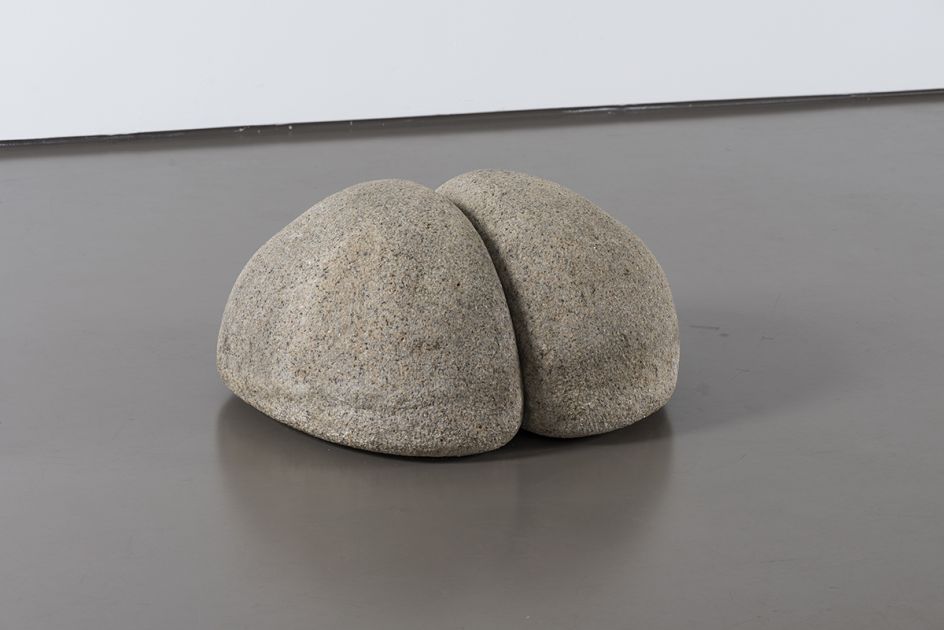
© Seung-taek Lee. Courtesy Gallery Hyundai and White Cube
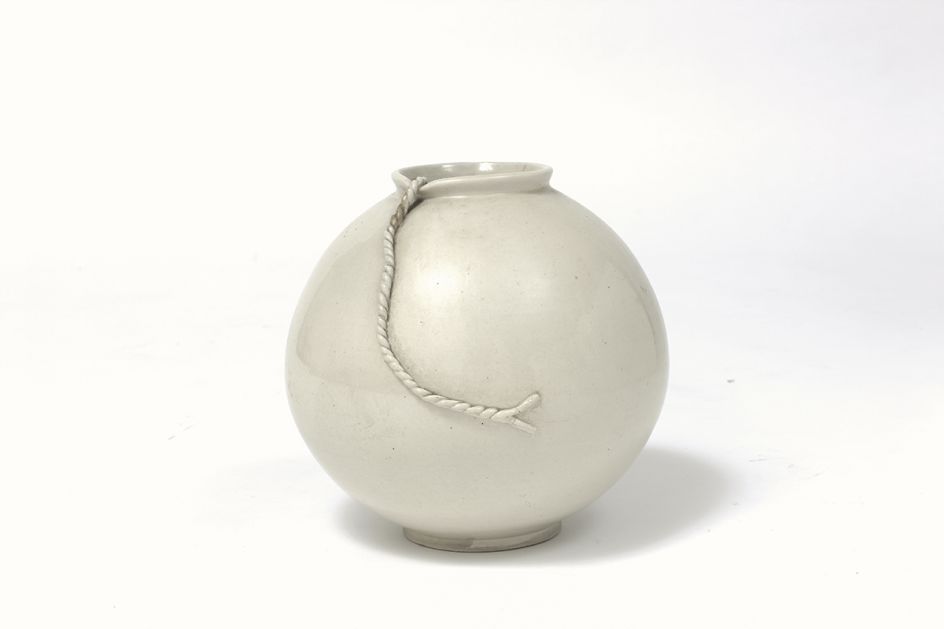
© Seung-taek Lee. Courtesy Gallery Hyundai and White Cube
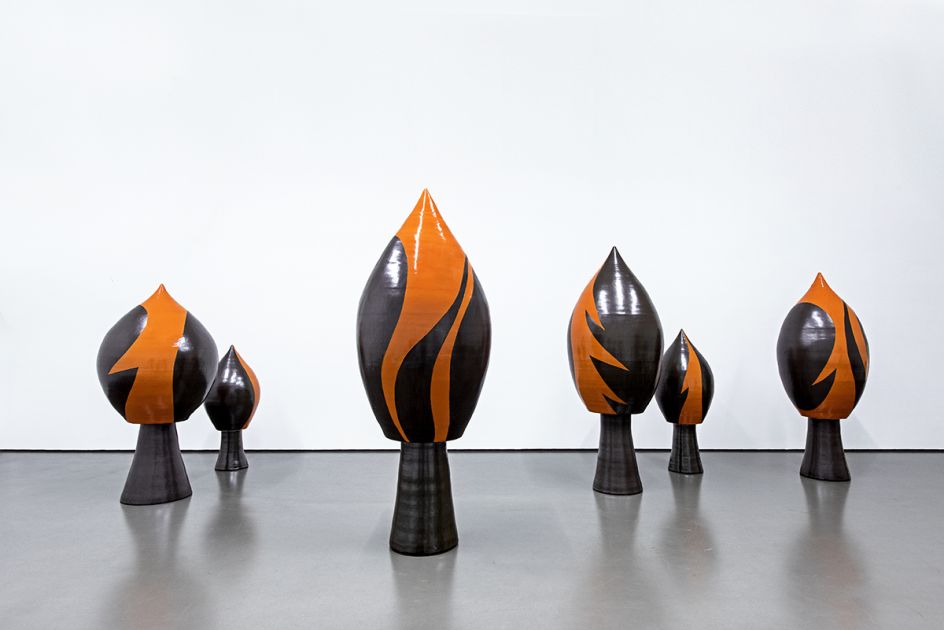
© Seung-taek Lee. Courtesy Gallery Hyundai and White Cube





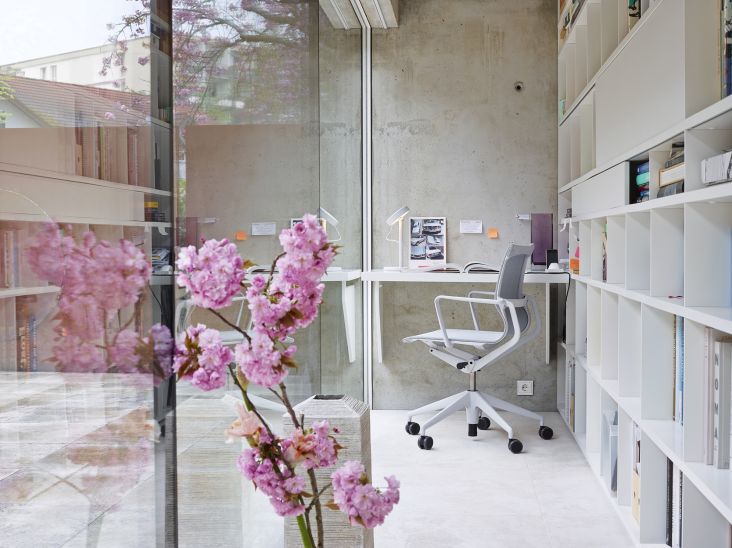
 using <a href="https://www.ohnotype.co/fonts/obviously" target="_blank">Obviously</a> by Oh No Type Co., Art Director, Brand & Creative—Spotify](https://www.creativeboom.com/upload/articles/6e/6ed31eddc26fa563f213fc76d6993dab9231ffe4_732.jpg)
 by Tüpokompanii](https://www.creativeboom.com/upload/articles/58/58684538770fb5b428dc1882f7a732f153500153_732.jpg)







